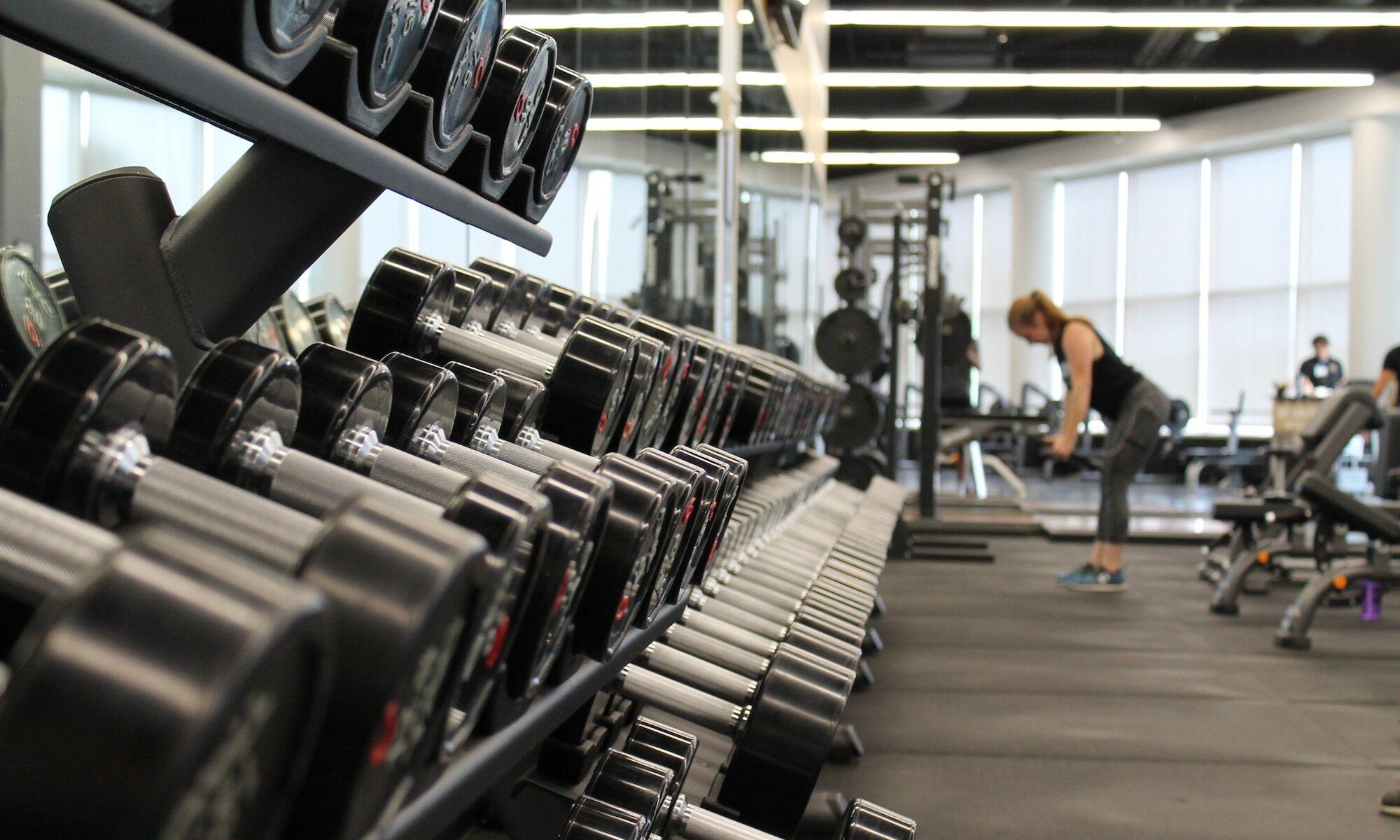Improve your daily activities with functional fitness exercises. Enhance strength, balance, flexibility, cardiovascular health, and mental well-being. Incorporate it into your routine for long-term benefits. Seek professional guidance for a safe and effective workout. Creating a balanced fitness routine is key.
Are you tired of feeling sluggish and unproductive throughout the day? If so, it might be time to consider incorporating functional fitness into your daily routine. Functional fitness is a type of exercise that focuses on strengthening the muscles needed for everyday activities, such as lifting, bending, and reaching. By engaging in functional fitness exercises, you can improve your overall strength, flexibility, and coordination, ultimately enhancing your ability to perform daily tasks with ease. Say goodbye to fatigue and hello to a more energized and efficient you!
Increased Strength and Endurance
Functional fitness exercises are designed to mimic real-life movements and activities, which can greatly enhance your strength and endurance. By engaging multiple muscle groups simultaneously, these exercises help improve your ability to perform daily tasks with ease. Whether it’s carrying groceries, lifting heavy objects, or simply climbing stairs, functional fitness training will strengthen the muscles needed for these activities, making them feel effortless. With increased strength and endurance, you’ll find yourself less fatigued and more capable of handling physical challenges throughout the day.
Improved Balance and Stability
One of the key benefits of functional fitness is the improvement it offers in terms of balance and stability. Aging often comes with a decline in these areas, which can lead to an increased risk of falls and injuries. However, by practicing functional fitness exercises that target core strength and stability, you can significantly reduce this risk. Enhanced coordination and proprioception, which is your body’s ability to sense its position in space, are additional benefits of functional fitness. These improvements not only help prevent falls but also contribute to better posture and body control.
Enhanced Flexibility and Range of Motion
Flexibility plays a crucial role in maintaining a healthy and active lifestyle. Functional fitness exercises are known to improve joint health and mobility, allowing for easier and pain-free movements. They can help alleviate muscle stiffness and soreness by targeting specific muscle groups and stretching them effectively. By incorporating functional fitness into your routine, you’ll find yourself moving more freely and with greater range of motion. This increased flexibility can have a positive impact on your overall well-being and help prevent injuries.
Improved Cardiovascular Health
Functional fitness is not only about strength and flexibility; it also promotes cardiovascular health. Through exercises that increase heart rate and challenge the cardiovascular system, functional fitness boosts heart and lung efficiency. This improved efficiency leads to a reduced risk of heart disease and stroke, two serious health conditions that affect millions worldwide. Additionally, functional fitness enhances energy levels and stamina, allowing you to tackle daily activities with vigor and resilience.
Weight Management and Body Composition
If weight management and body composition are among your goals, functional fitness can be a game-changer. These exercises engage multiple muscle groups, leading to increased calorie burning and fat loss. Since functional fitness is focused on functional movements, it’s also effective at improving muscle tone and definition. By incorporating functional fitness into your fitness routine, you’ll experience enhanced metabolism and overall improvements in your body composition. It’s a highly effective approach to achieving a leaner and healthier physique.
Better Mental Health and Cognitive Function
In addition to its physical benefits, functional fitness has a positive impact on mental health and cognitive function. Regular exercise, including functional fitness, has been proven to reduce stress and anxiety levels. Engaging in physical activity releases endorphins, which are known as “feel-good” hormones, contributing to an improved mood and overall sense of well-being. Functional fitness also enhances brain function and cognitive abilities, improving memory, focus, and overall cognitive performance. By incorporating functional fitness into your daily activities, you’ll experience a positive boost in your mental health and cognitive function.
Incorporating Functional Fitness into Daily Life
To fully reap the benefits of functional fitness, it’s important to incorporate it into your daily life. Start by identifying functional movements that are part of your daily routine, such as squatting, pushing, pulling, and reaching. Once you’ve identified these movements, you can design a functional fitness routine that focuses on strengthening the muscles involved. For example, if you frequently lift heavy objects, you can incorporate deadlifts into your routine to improve your lifting capabilities. By integrating functional fitness exercises into your daily activities, you’ll seamlessly improve your strength and endurance.
Seeking Professional Guidance and Support
To ensure you’re performing functional fitness exercises correctly and effectively, it’s highly recommended to seek professional guidance and support. Consulting with a certified functional fitness trainer will provide you with expert knowledge and assistance in designing a fitness program tailored to your needs and goals. They will be able to assess your current fitness level, identify areas that need improvement or focus, and provide guidance on proper form to avoid injuries. With the help of a trained professional, you can maximize the benefits of functional fitness and ensure a safe and efficient workout.
Creating a Balanced Fitness Routine
While functional fitness is incredibly beneficial, it should be complemented with other forms of exercise to create a well-rounded fitness routine. By combining functional fitness exercises with activities like cardiovascular workouts, yoga, or strength training, you’ll target different aspects of fitness and optimize your overall health. It’s important to set realistic goals and track your progress to stay motivated and ensure continuous improvement. Additionally, allowing for proper rest and recovery is essential to prevent overtraining and promote muscle repair and growth. By creating a balanced fitness routine, you’ll enjoy a holistic approach to fitness that supports your overall well-being.
Consistency and Long-Term Benefits
To fully experience the long-term benefits of functional fitness, it’s crucial to make it a consistent part of your daily life. Consistency is key in any fitness journey, and functional fitness is no exception. By making it a habit and prioritizing it in your daily routine, you’ll start to notice improvements in your ability to perform daily activities. From carrying heavy groceries to playing sports, you’ll find yourself experiencing newfound strength, endurance, and agility. The long-term benefits of functional fitness extend beyond physical improvements and include enhanced overall health and well-being. By staying committed to your functional fitness routine, you’ll enjoy a better quality of life in the years to come.


